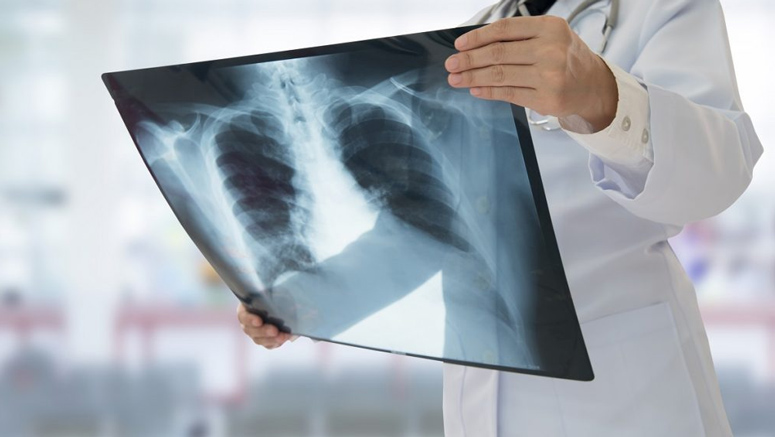Pleural effusion, also known as water on the lung, is a condition that occurs when fluid accumulates in the space between your lungs and chest cavity. The symptoms usually depend on the cause. In most cases, it is accompanied by symptoms, like chest pain.
Thin membranes, known as pleura, line the outside of the lungs and the inside of the chest cavity. There is usually a small amount of liquid within this lining, which helps lubricate the lungs as they expand within the chest during breathing. If excess fluid accumulates in this lining due to a medical condition, health issues can occur. Accumulation of liquid within this lining is known as pleural effusion.
Pleural effusion can occur due to various conditions. However, studies show that congestive heart failure is the most common cause. In this article, we will discuss the symptoms, causes, treatment, and other important things to note about pleural effusion.
What Are the Symptoms of Pleural Effusion?

Studies show that over 50% of people with pleural effusion do not experience any symptoms. They may experience symptoms of an underlying condition, such as fever or cough. In some cases, you may find out you have pleural effusion via a chest X-ray or physical examination done for another condition.
When your doctor examines you, they may also observe expansion on one side of your chest and a dull sound when they tap on that side.
Symptoms of pleural effusion usually depend on the cause. Here are some symptoms you may experience if you have pleural effusion:
- Cough
- Fever
- Chest pain[1]
- Shortness of breath
It would help to contact your doctor immediately if you experience any symptoms of pleural effusion.
What Are the Causes and Types of Pleural Effusion?

Pleural effusion is a condition that occurs when fluid accumulates in the chest cavity outside your lung. It can either be exudative or transudative.
- Transudative pleural effusion: This occurs when elevated pressure on the small and large vessels of various organs results in them being leaky and accumulation of protein-filled fluid. It occurs with cirrhosis and coronary heart disease.
- Exudative pleural effusion: This occurs when there is an irritation, infection, or inflammation of the linings of the lungs. These can lead to increased fluid production, reduced drainage, or both.
According to studies, causes of pleural effusion may include:
- Congestive heart failure [2]
- Pulmonary embolism, which is a blockage in the lung arteries caused by a blood clot
- Complications from open-heart surgery
- Pneumonia [3]
- Cirrhosis or poor liver function
- COVID-19
- Autoimmune diseases, such as lupus and rheumatoid arthritis
- Severe kidney disease
- Radiation therapy
- Rupture of the esophagus
- The use of some medications, such as methotrexate, phenytoin, or amiodarone
- Ovarian hyperstimulation syndrome
- Certain types of cancer for instance, lung cancer and breast cancer













